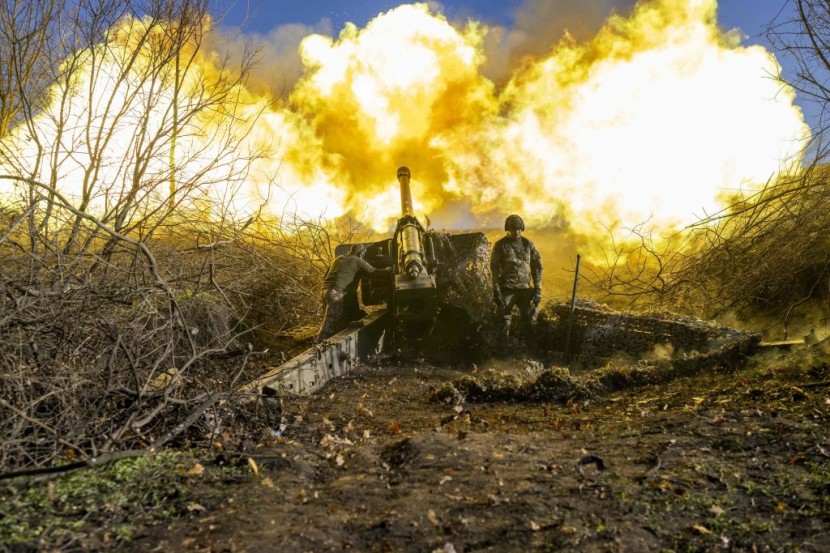On Wednesday, Estonia's foreign minister Margus Tsakna told a news conference that he believes NATO has only about three or four years to strengthen its defenses before it has to deal with Russian President Vladimir Putin's "war machine."

The news conference took place during a visit to Warsaw, the capital of Poland. While he said that Estonia does not believe that Russia is an immediate threat to it and other Baltic States (Lithuania and Latvia), not because of Russia's benevolence, but because they're too busy with a full-scale invasion in Ukraine.
"But we must understand the Russian war machine has started in the full scale, the capabilities for production and the mentality as well, because Putin is controlling now everything," he said alongside his host, Polish Foreign Minister Radek Sikorski.
He believes a Russian "test" of NATO is in the offering in the near future. The foreign minister's words carry a considerable amount of weight. Some analysts believe Estonia, Lithuania, Latvia or all three are the most likely targets for a future attack if anyone decides to risk an attack on NATO.
Poland, which neighbors the Baltic States, is considerably larger and better defended but is also considered vulnerable. That vulnerability will only be exacerbated if the Russian invasion of Ukraine is successful.
All four countries are staunch supporters of Ukraine.
On Tuesday it was widely reported that Estonian Prime Minister Kaja Kallas was put on a wanted list in Russia because of her efforts to remove Soviet-era World War II monuments. The prime minister dismissed the move as a "familiar scare tactic" by Moscow.
Estonia's Foreign Ministry said in a statement Wednesday that it summoned Russian diplomats to express "indignation."
Tsahkna and Sikorski stressed the importance of maintaining strong support for Ukraine.
In 2017, Russia deployed 120,000 troops along the border of the Baltic states as part of a military exercise conducted alongside Belarus.
The exercise was to test the readiness of their troops in the event an unnamed aggressor would try to place a wedge between the forces of the two allied states.
Large-scale military exercises often are cause for alarm because, oftentimes, they are used to intimidate neighboring countries and show off new equipment. It is a tactic that China regularly uses against Taiwan.
© 2026 HNGN, All rights reserved. Do not reproduce without permission.








